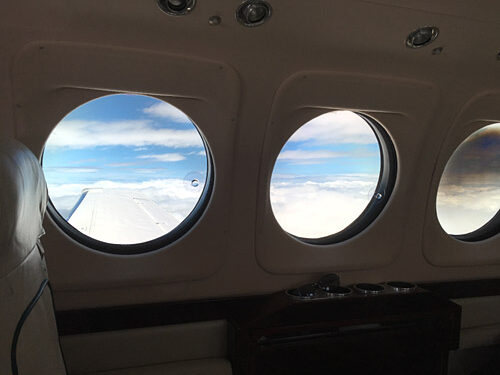Code of Conduct & Ethical Behaviour
This is the tentative code for members of the College that assists pilots in
their professional relationship with their peers and their employers. Pilots have a responsibility
to the flying public and must have the final say in the go/no-go decision. Pilots also have a responsibility to each other to adhere to consistent standards of conduct and behaviour so as to not undermine each other in matters of safe operation and in maintaining a culture of safety.
Code of Ethics
Ethics are the values and principles that will govern the group’s behaviour.
Code of Conduct
The practice of ethical behaviour as prescribed in the Code of Conduct and which is to be applied continuously to ensure safety and legitimize our profession.
Preamble
The College of Professional Pilots of Canada Code of Conduct and Ethical Behaviour provides a behavioural guideline for all professional pilots in the aviation industry in Canada. This includes scheduled, unscheduled, charter, and instructional aviation operations, regardless of size. This code covers all pilots who hold a Commercial or Airline Transport Licence who may be engaged in the aviation industry.
There are two criteria, which are essential to the credibility of this code. First, the code must be a relevant document that addresses the professional issues and risks of all its members. It must also incorporate all the different positions that a College member might hold.
Second, all commercially employed pilots must follow the Code as a realistic and
attainable benchmark which assists in the decision making process. Members should
perceive this document as their personal Code that helps to clarify parts of the
regulations and what is or is not a safe practice rather than a set of rules that has been
imposed on them or their employer.
The ethical parameters outlined in this code are not meant in any way to usurp the regulatory role of the government nor replace the traditional function of the various unions representing pilot in the aviation industry. It is the objective of the of the college to hold all stakeholders accountable for ensuring that sound ethical principles are observed in all aspects of the industry pertaining to professional pilots.
The College of Professional Pilots of Canada will provide support to its members on all ethical issues relating to professional pilots and their relations with employers, unions, and government.




